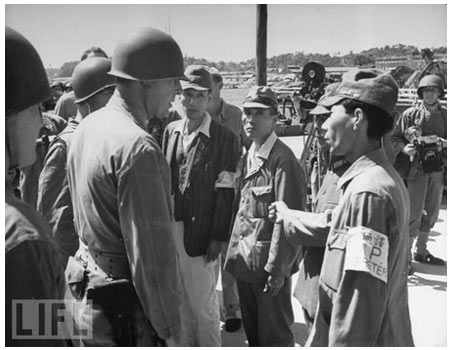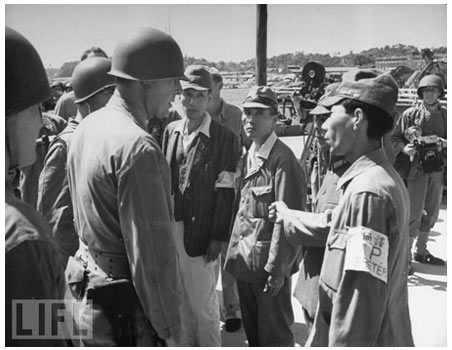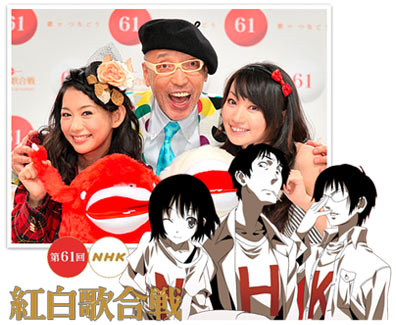It’s funny how words change as they move from one language to another. The word “sabotage” supposedly came from the wooden shoes worn by factory workers in Europe, which were thrown into factory machinery when workers rioted against the factory owners. This word has come all the way to Japan where it means “to stay home from school without permission” (e.g. to sabotage your own education by playing hooky). When the Allies occupied Japan from 1945-1952, they brought back a wave of imported Japanese words like honcho and “skosh” (meaning “just a little”), plus a few that were pronounced rather oddly, e.g. the rice wine sake being pronounced “saki” and ritual suicide by self-disembowelment hara-kiri becoming “hairy-carrie.” Sometimes we can never figure out why words mean what they mean. To a font geek like myself, a “serif” is a decoration on certain kinds of fonts, but in Japanese the word serifu denotes a quote or a spoken line, most specifically a spoken line from a play or TV performance. Over the past decade the Japanese have begun to use the English word “bitch” as a colorful slang phrase, and a trivia show pointed out that nineteen of the 20 players on a soccer team from Yugoslovia had “bitch” in their name. (Well, it was the name ending -vich, but it’s all the same in katakana.)

American GIs brought back some interesting Japanese words with them…and some bad pronunciations.















